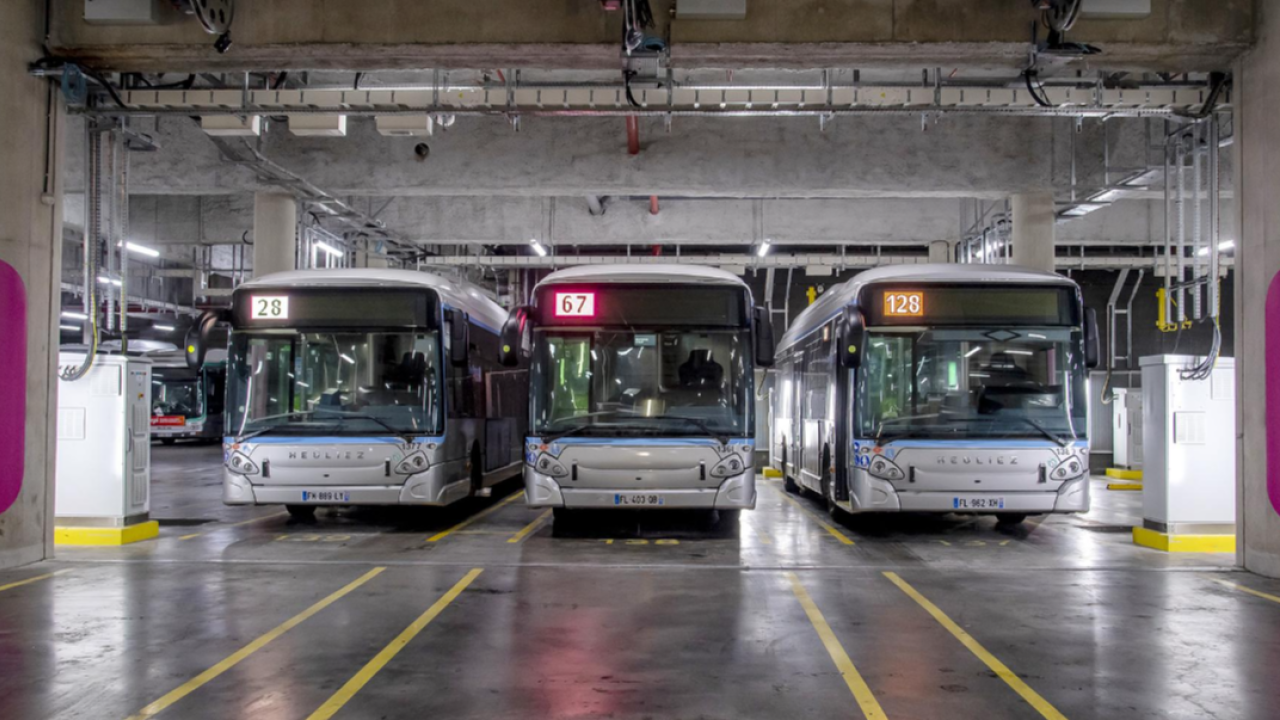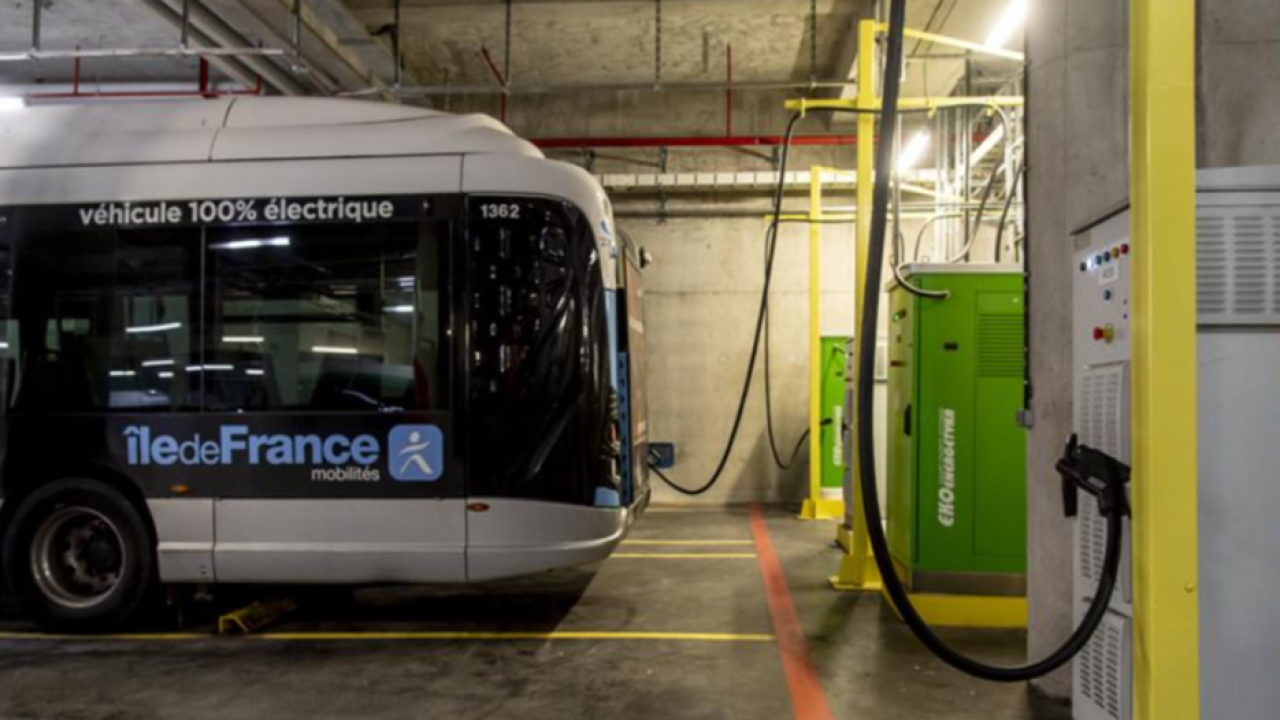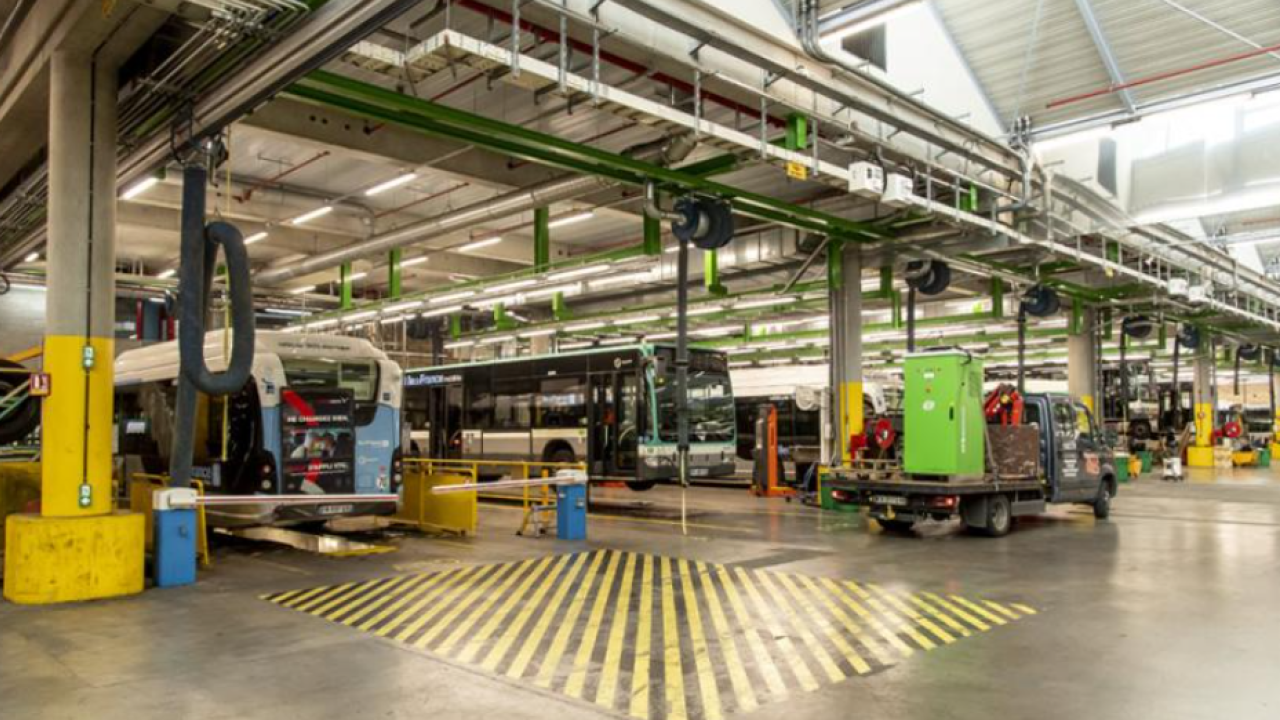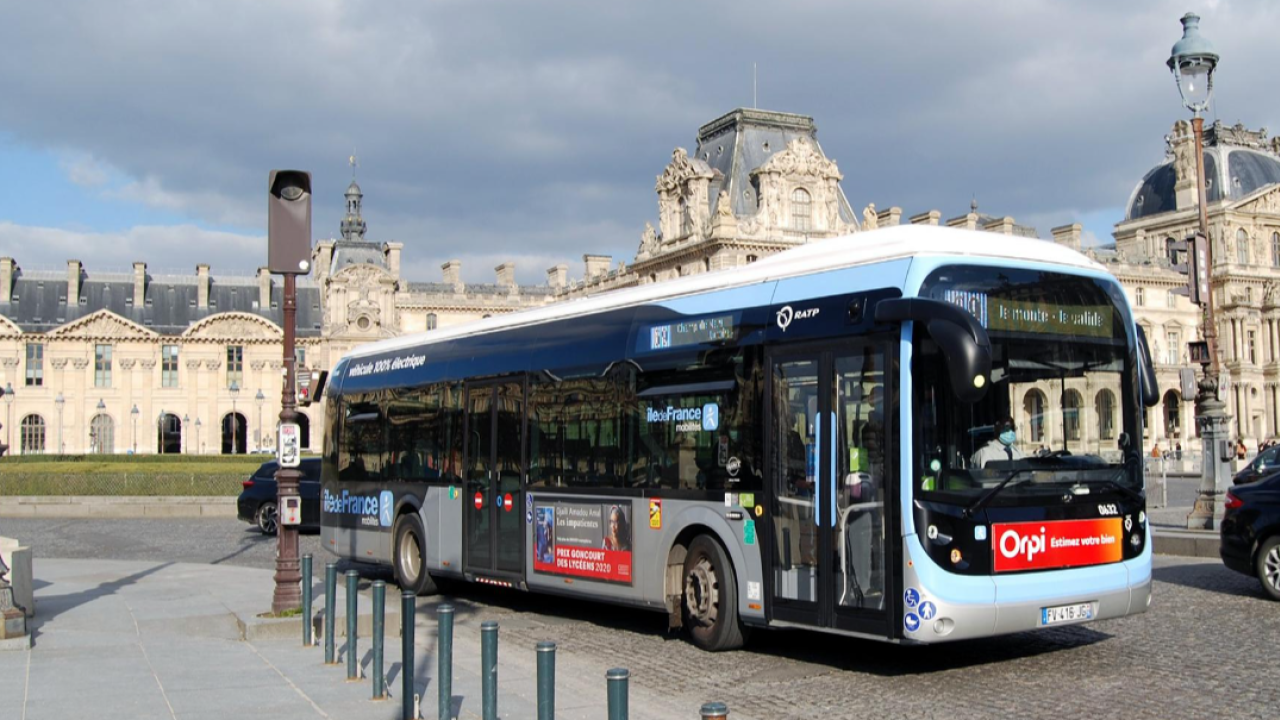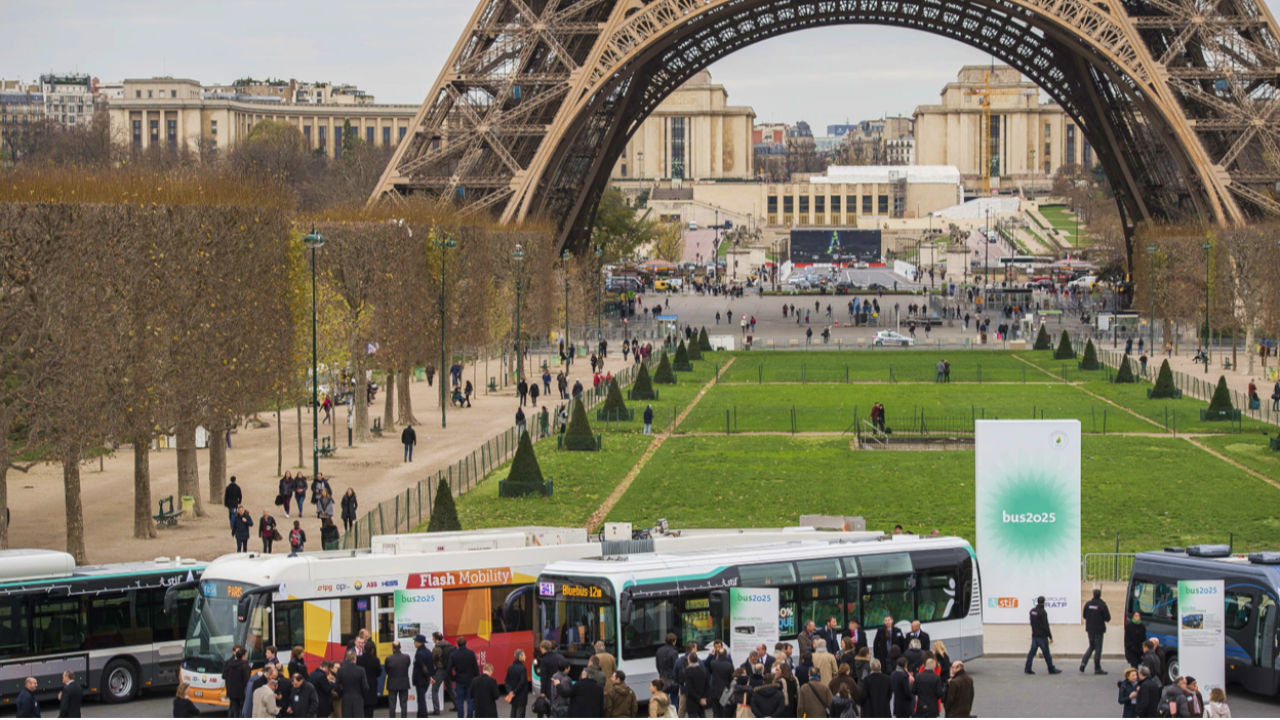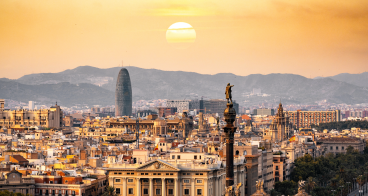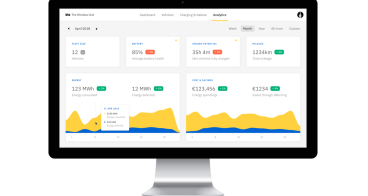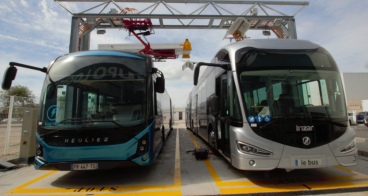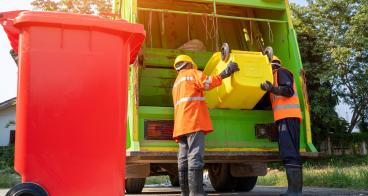Ile-De-France: Eradicating diesel-propelled buses from public transport
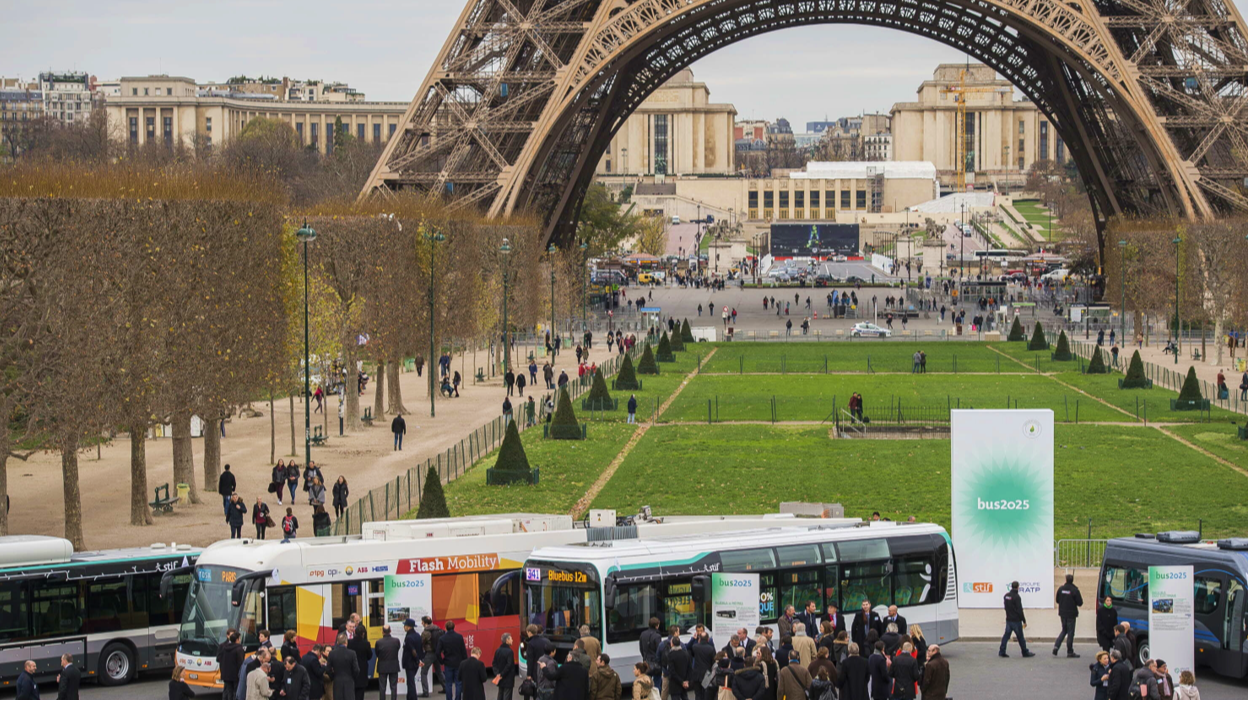
The Challenge
Since 2015, RATP has initiated a massive energy transition aiming at turning all its bus operations in Paris area into low-emission operations from a well to wheel perspective , on behalf of the local public authority Ile-De-France Mobilités (IDFM).
In our role as the operator of close to 350 bus routes within the Ile-de-France vicinity, we have embarked on a significant journey of technological and environmental transformation since 2014. This transformation is set to position us as the global frontrunner in sustainable technology, as we work towards an impressive fleet of 4,700 eco-friendly buses by the year 2025. This ambitious objective is at the core of Bus2025, a comprehensive strategy designed to fulfill the aspirations of Île-de-France Mobilités in eradicating diesel-propelled buses from the Ile-de-France network and to transform the region into a global reference for low carbon urban public transport.
The Solution
From 2015 to 2017, we embarked on a substantial endeavor aimed at evaluating the performance of electric buses in real-world operational scenarios with passengers on board. Our primary goal was to formulate robust proposals for substantial bus acquisitions by the latter part of 2017, paving the way for extensive deliveries to commence in 2019. During this timeframe, Île-de-France Mobilités and RATP achieved significant milestones in the realm of bus procurement. Particularly noteworthy is the 2019 initiation of the largest European call for electric buses, with the potential to encompass an order of approximately 800 vehicles. Collectively, the program's scope spans the acquisition or procurement of 3,700 vehicles between the years 2015 and 2025.
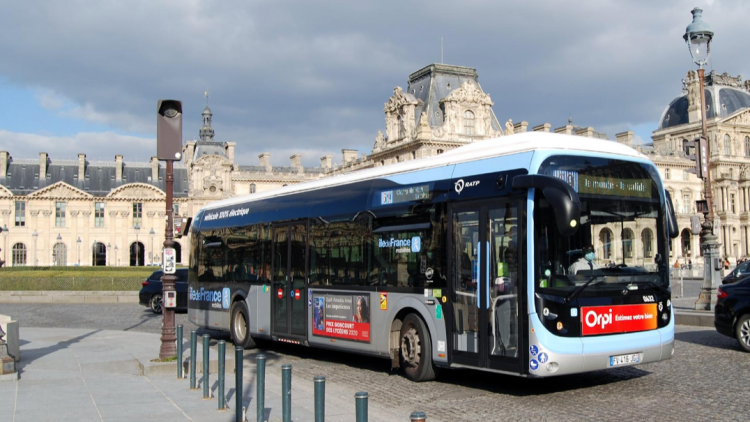
Making an impact
1. Emission Reductions:
RATP and Île-de-France Mobilités' collaboration achieved significant emission cuts. Around 40% of the RATP-operated bus fleet consists of clean energy buses, including electric, CNG-powered, and hybrid vehicles by mid-2021. This has led to improved air quality and reduced carbon emissions.
2. Enhanced Efficiency:
New technologies have heightened operational efficiency. Electric buses reduced noise levels and provided a better passenger experience. From 2017 to 2018, routes 72, 115, and 126 adopted electric buses, improving urban tranquility.
3. Positive Public Reception:
The shift to cleaner buses has increased ridership and public approval. The transition to electricity in routes connected to Lagny and Corentin bus depots led to almost 200 electric buses in service since late 2019.
4. Innovation Leadership:
Paris's initiation of the largest European tender for electric buses (800 potential vehicles) in 2019 showcases its pioneering role in sustainable transportation solutions, gaining global recognition
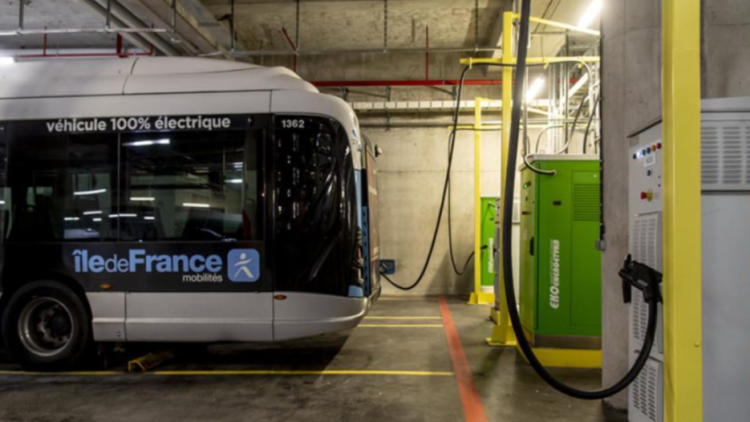
Lessons learnt
1. Collaborative Partnerships: RATP and Île-de-France Mobilités' partnership ensured seamless technology integration. Collaboration extended to project teams and operations, maintaining excellent passenger service during infrastructure changes.
2. Comprehensive Planning: Meticulous organization within depots ensured uninterrupted operations during infrastructure works. However, construction impacting operational spaces might temporarily redirect bus lines or necessitate outdoor storage.
3. Adaptive Workshop Strategies: Overcoming challenges in maintenance workshops involved innovative trades tailored to new electric and CNG charging infrastructure, highlighting the need for ongoing adaptability.
4. Smooth Bus Adaptation: Ensuring machine operators' proficiency in newly introduced buses proved vital. Effective training and adaptation strategies facilitated seamless transitions.
5. Public Engagement Impact: Effective communication strategies fostered ridership growth and positive sentiment, exemplified by the public's embrace of cleaner transportation options.



